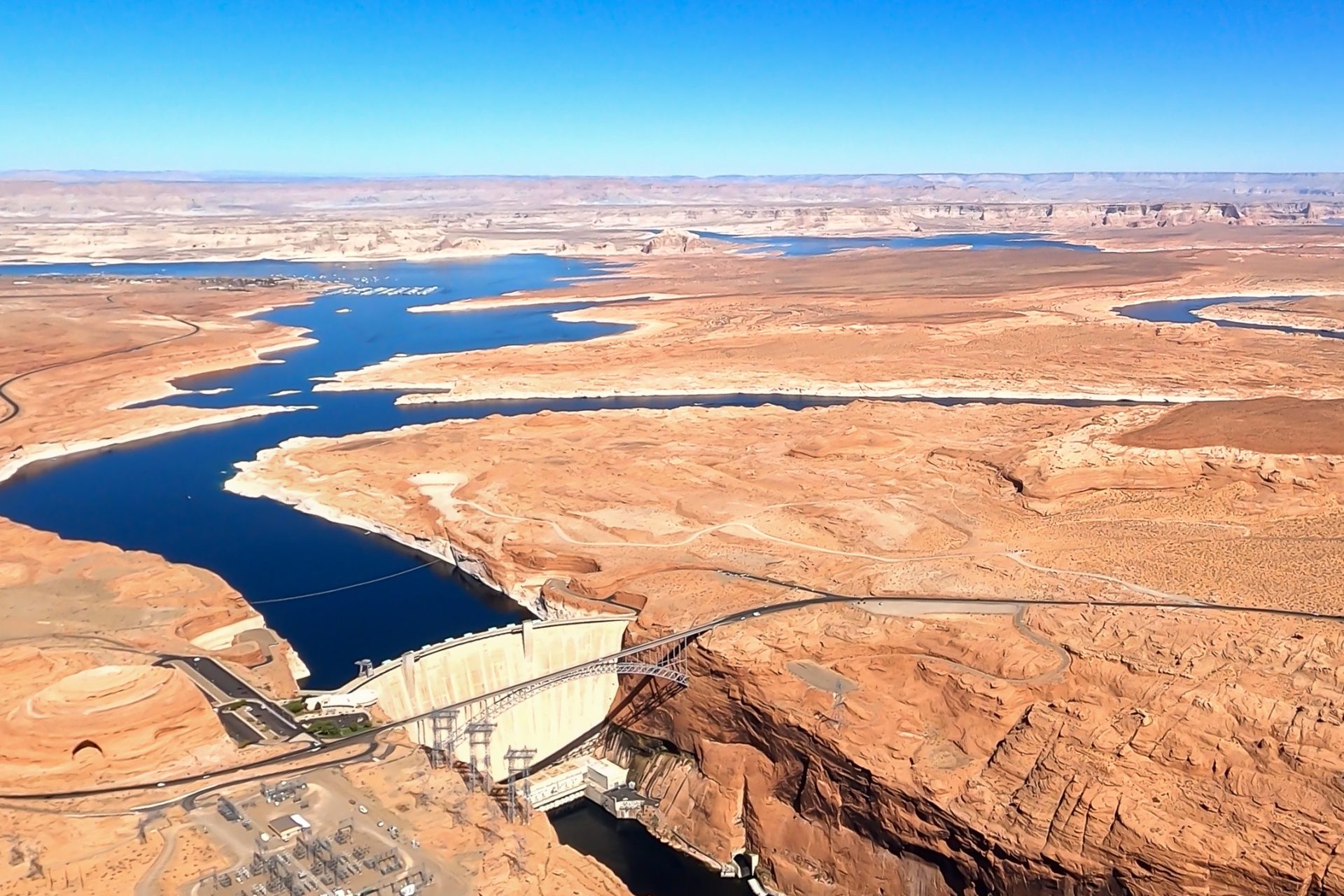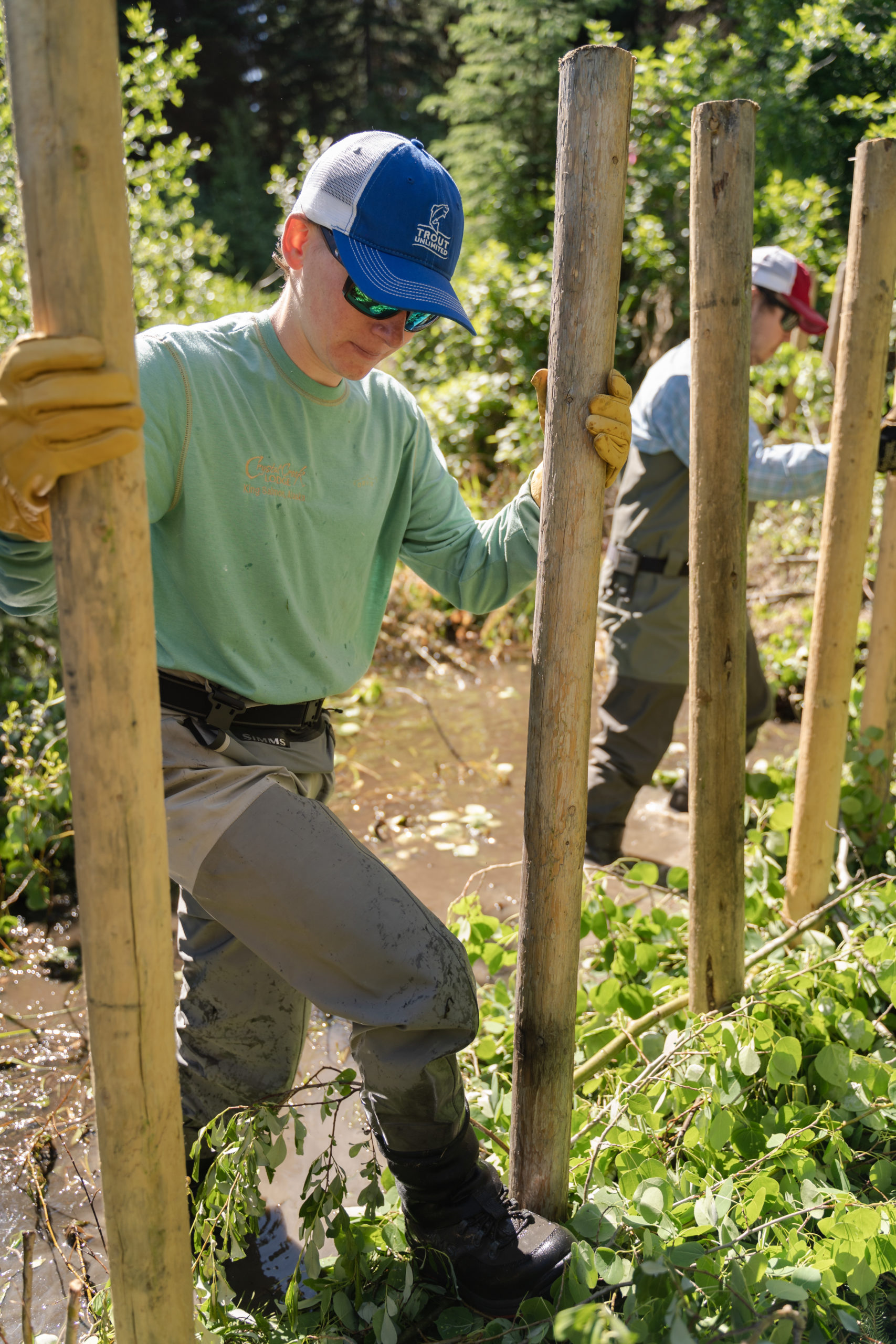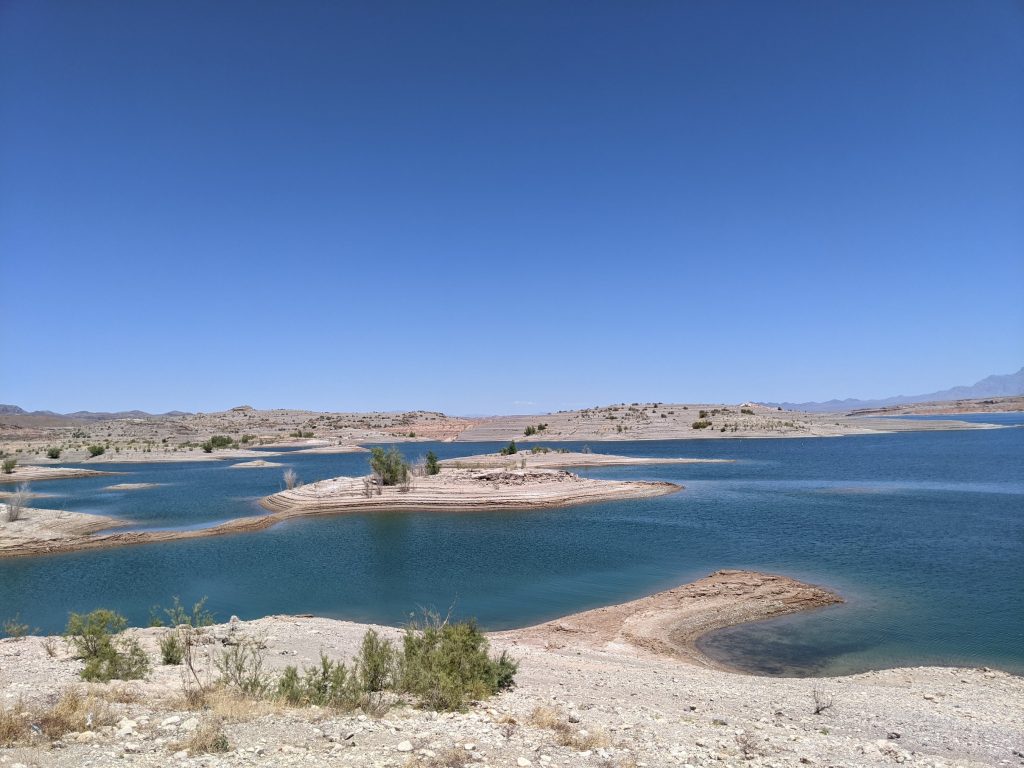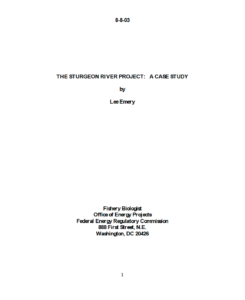Infrastructure package could help the drought-stricken Colorado River Basin

A massive package of legislation, the Bipartisan Infrastructure Investment and Jobs Act is currently working its way through Congress, having been passed by the Senate earlier this week. If enacted, this bill would make essential investments of remarkable size and scope to help the nation address the impacts of climate change, including some of the worst impacts of the rapidly warming climate on trout and salmon.
The bill clocks in at over 2,500 pages and contains provisions for everything from electric bicycles to highway safety. Among its contents are important provisions and increased funding for programs that support TU’s work in the American West and specifically in the Colorado River Basin.
The proposed legislation recognizes the foundational role of water infrastructure and watershed health in preparing for water security as climate change continues to make conditions hotter and drier in the West. Among other provisions TU supports, it would invest $400 million in the WaterSMART program to upgrade aging irrigation infrastructure and conserve water, including $100 million for projects that would improve the condition of “a natural feature or a nature-based feature.” It would further invest $100 million for the Cooperative Watershed Management Program; $250 million for Aquatic Ecosystem Restoration and Protection Program projects; create new authority within the Bureau of Reclamation for aquatic habitat restoration projects and provide $100 million in project funding; $300 million to implement the Colorado River Basin Drought Contingency Plan; and $1 billion for water reuse and recycling.

Natural storage projects like this beaver dam analog could get funding in this infrastructure package.
What does this mean for the Colorado River Basin, a region that is currently experiencing a severe drought? If passed by the House and signed into law, the infrastructure bill would make significant investments in environmental health, agricultural infrastructure, and municipal water use in the Basin.
The legislation also allocates $300 million for implementation of the Colorado River Basin Drought Contingency Plan (DCP). This series of collaboratively developed agreements between the seven Basin states addresses how and when water users will reduce water use in response to water levels in Lake Powell and Lake Mead, two of the nation’s largest reservoirs, in order to continue to meet the needs of the 40 million people who depend on the Colorado River. Of that $300 million, $50 million would be dedicated to the Upper Basin states—Utah, Wyoming, Colorado, and New Mexico—to implement the Upper Basin DCP. This increased funding for implementation would help both the Upper and Lower Basins respond to the ongoing drought in the watershed.

Lakes Mead and Powell are at drastically low levels the likes of which we haven’t seen since they initially filled.
Finally, the infrastructure package includes $1 billion for water recycling and reuse projects throughout the West. Of the total amount allocated to these projects, $550 million is dedicated to Reclamation’s existing Title XVI grant program that funds “opportunities to reclaim and reuse wastewaters and impaired ground and surface water.” The remaining $450 million will fund large-scale water recycling and reuse projects through a new program authorized under this legislation, such as the Regional Recycled Water Program proposed for the Los Angeles area, which imports water from the Colorado River. These kinds of projects can help alleviate stress on the Colorado by reusing water in municipal areas.
The Bipartisan Infrastructure Investment and Jobs Act has the potential to help the Colorado River Basin and the American West respond to climate change and increase water security throughout the region for fish, wildlife, agricultural producers, Tribes, and municipalities. TU will continue to work with our restoration and water partners across the country to make sure our nation’s infrastructure contributes to clean and healthy trout and salmon streams—and that the Bipartisan Infrastructure Investment and Jobs Act will deliver the urgently-needed funding and policy guidance to make that possible.
The post Infrastructure package could help the drought-stricken Colorado River Basin appeared first on Trout Unlimited.


